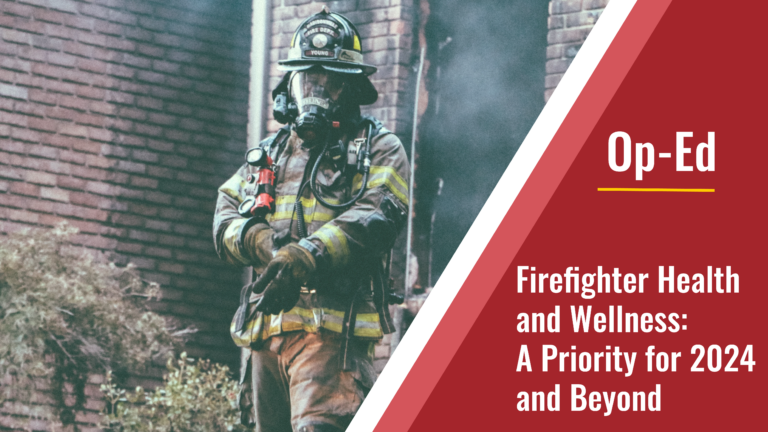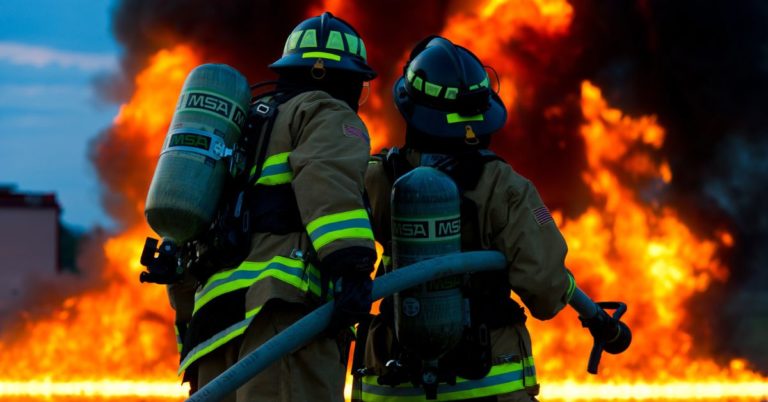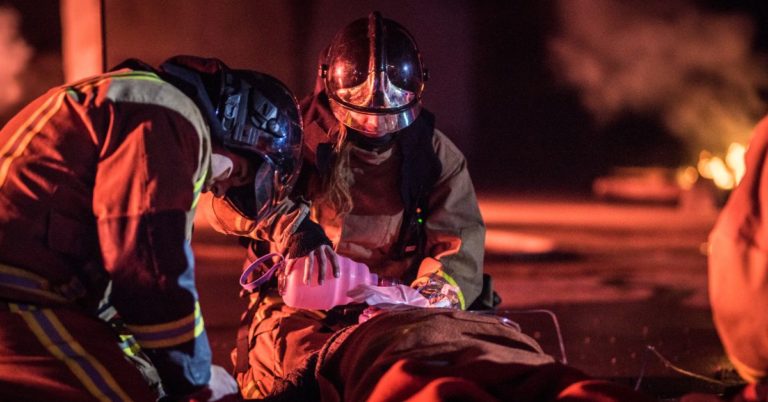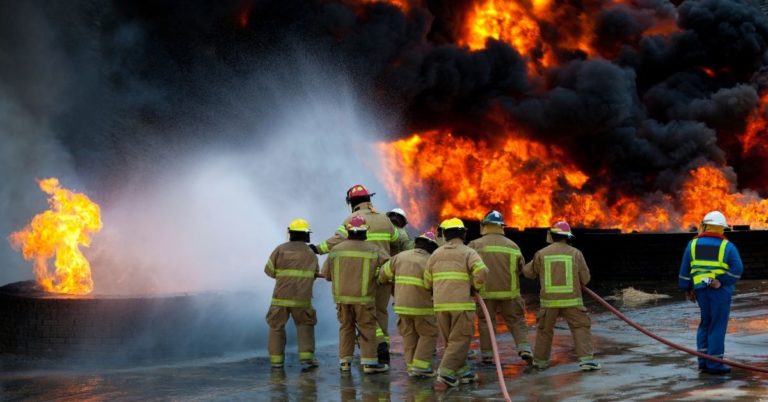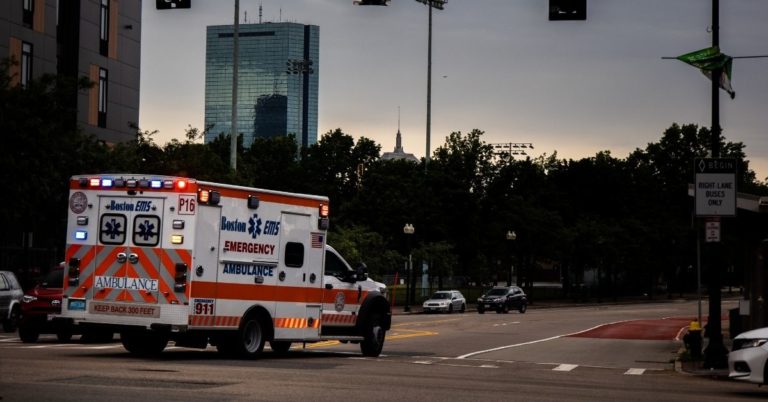You’re in your home. Going about your day. Then it hits you. You are suddenly having a hard time breathing. You don’t understand why. And it begins to get worse. You went from waltzing around your house, to sweating profusely in the blink of an eye. Now your chest is beginning to get tight. There is no explanation for what is happening to you, but something is wrong. You are going into cardiac arrest. But there’s no time, you’ll never be able to get yourself to the hospital. Now you dial 9-11. When the paramedics arrive, you are on the ground dying. Just like that you are being revived. The only problem is, there’s a pandemic outside. If the EMTs can’t save you, you’re dead. They won’t be taking you to the hospital.
Medical Crisis in California
Such an extreme scenario may in fact be playing out in homes in California as we speak. According to reports by CNN, the Covid-19 pandemic is completely overwhelming the local response in Los Angeles county and wreaking havoc on the hospitals and first responses there. “Almost 7,900 people are hospitalized with Covid-19 in just Los Angeles County. And 21% of them are in intensive care units.” Hundreds of people were dying by the day. “‘Hospitals are declaring internal disasters and having to open church gyms to serve as hospital units,’ County Supervisor Hilda Solis said.” Now, the county is essentially rationing services.
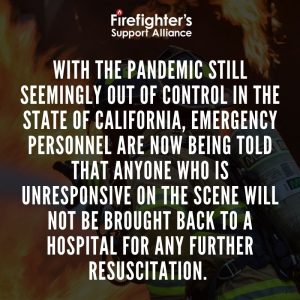
With the pandemic still seemingly out of control in the state, emergency personnel are now being told that anyone who is unresponsive on the scene will not be brought back to a hospital for any further resuscitation. “‘This order that was issued by the county emergency medical services really is very specific to patients who suffered from a cardiac arrest and are unable to be revived in the field,’ said Dr. Jeffrey Smith, chief operating officer of Cedars-Sinai Medical Center.” The rationalization, according to Dr. Smith, is that these patients typically have a very low rate of survival if they are not revived on scene. It does not matter if it is blunt-traumatic or non-traumatic cardiac arrest, if there is no pulse after 20 minutes, game over.
Devastating Impact of Pandemic
Not getting to the hospital is not the only thing patients may have to worry about in the event of this medical crisis. The Covid-19 pandemic has also led to a crisis in supplemental oxygen stockpiles in the state of California, and well, you get where this is going. “Given the acute need to conserve oxygen, effective immediately, EMS should only administer supplemental oxygen to patients with oxygen saturation below 90%,” Los Angeles County EMS said in its memo.” Oxygen saturation levels over 90 are said to be sufficient to maintain normal circulation of the blood to vital organs and tissue. So in essence, if your blood pressure is failing, you will not be helped.
If after all this, you are one of the lucky ones to be transported to the hospital in the event of your cardiac arrest the wait is only just beginning. “‘The Emergency Medical Services are working very hard to divert ambulances or send them to hospitals that do have potential capacity to receive those patients,’ said Smith, COO of Cedars-Sinai Medical Center.’ If your ambulance is not diverted, you are likely to be waiting outside the hospital for treatment. One EMT reported that “We are waiting two to four hours minimum to a hospital, and now we are having to drive even further … then wait another three hours.”
California is in a medical crisis. Nearly one year on, the state has not been able to meet their pandemic response to the scale of the emergency.
In the words of local officials, do not call 9-11 unless “you really need to.”
The current state of the pandemic response in California and elsewhere in America is putting frontline emergency response workers in a harrowing situation. They take an oath to protect the lives of the patients they respond to in the field but are now being put in the position of having to decide who may live or who will die. This is an overwhelming decision being forced upon emergency personnel who are already spread thin and being brought to the brink by such a massive medical emergency. The situation playing out in California is dire and underscores how emergency personnel need our support now more than ever.

